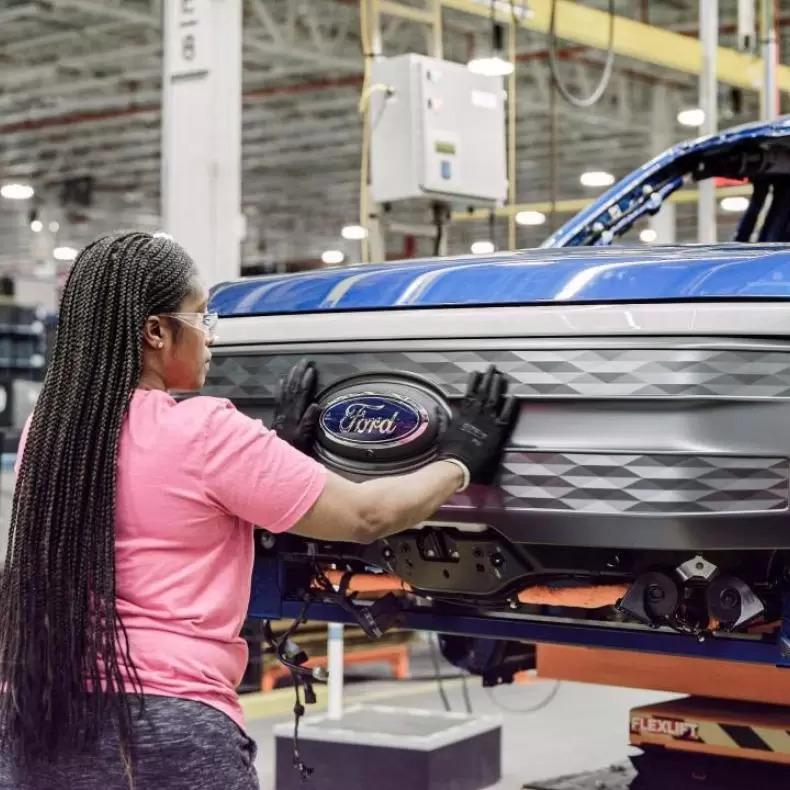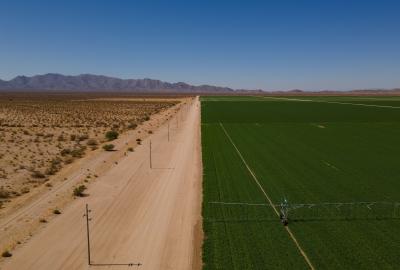3 reasons electric vehicles are good for America
(Editor's note: This story was updated to reflect the most recent jobs numbers, new research from JD Power, and Donald Trump's executive actions on January 20, 2025. )
On his first day in office, President Trump issued several executive orders that aim to put the brakes on America’s burgeoning electric vehicle market.
But whether you choose to drive an EV or not, there are several reasons you might still want the market to grow. Here are three of them.
Electric cars are good for the economy

Rising demand for electric vehicles has led to a boom in American jobs in manufacturing and engineering, as well as related fields like battery technology.
Research by Environmental Defense Fund and WSP found that manufacturers have announced nearly 195,000 new EV-related jobs in the U.S. over the last decade. States that have benefited include Michigan, Georgia, North Carolina, Tennessee and Nevada. And, when you include the impact on the broader economy, EV growth will support nearly a million jobs.
EVs are an area where the U.S. can lead the world. If not, it opens the door to competitors. “Any action to put the brakes on U.S. investments would allow other nations to pull ahead again,” says Environmental Defense Fund attorney Peter Zalzal.
No gasoline needed
In 48 out of 50 states, clean, electric cars are cheaper to own and operate than gas-powered vehicles — largely because of fuel savings — according to auto analytics firm J.D. Power. Plus, federal investments have included more than $2 billion in upfront discounts for people buying electric vehicles.
When coupled with growing domestic renewable energy sources, EV adoption also has the potential to reduce U.S. reliance on foreign oil. That means future energy crises, and the high gas prices that come with them, could be more easily avoided.
More EVs mean cleaner, healthier air

Since electric vehicles don’t burn fuel, they don’t produce unhealthy tailpipe pollution. That means cleaner air in your neighborhood, cleaner air for your kids to breathe and less risk of asthma, heart disease — even cancer.
Research shows that in neighborhoods where thousands of trucks rumble through on a daily basis, children face twice the risk of developing asthma.
And the culprit isn’t just the car you drive. In the U.S., diesel trucks and buses make up less than 10% of vehicles on the road, but they’re responsible for more than half of the harmful tailpipe pollution from all road vehicles.
And since transportation is America’s biggest source of fossil fuel pollution, electrifying the sector will not only clean up our air, it will also tap the brakes on global warming, reducing the risk of extreme weather disasters.

